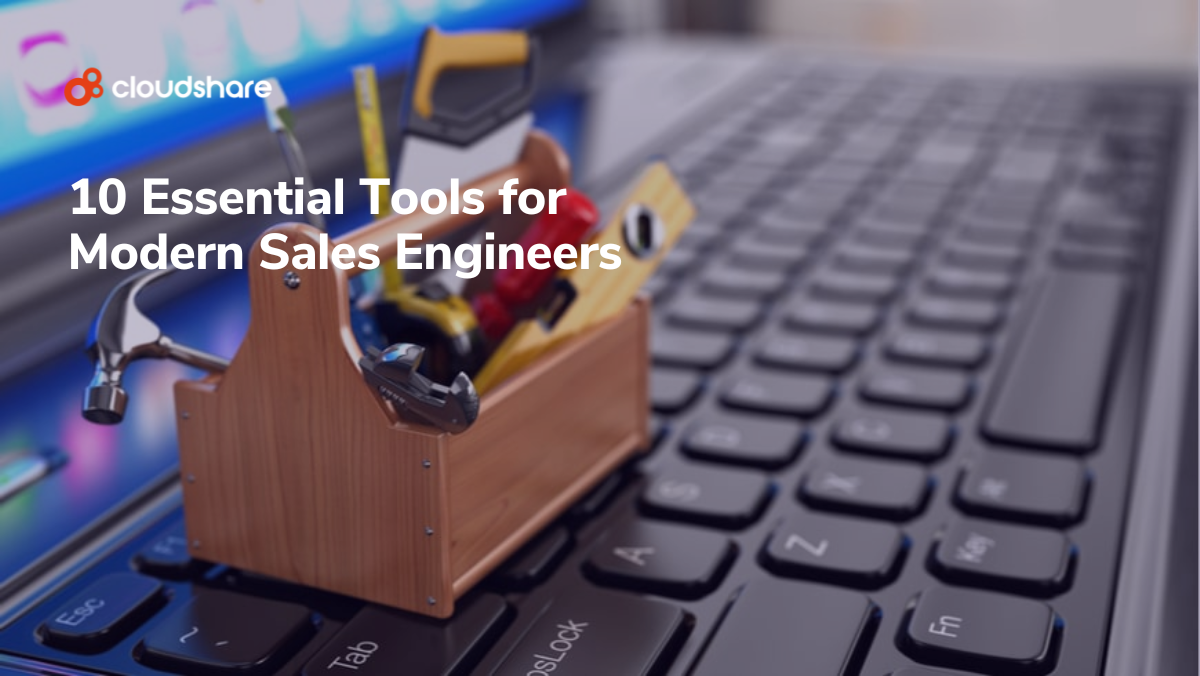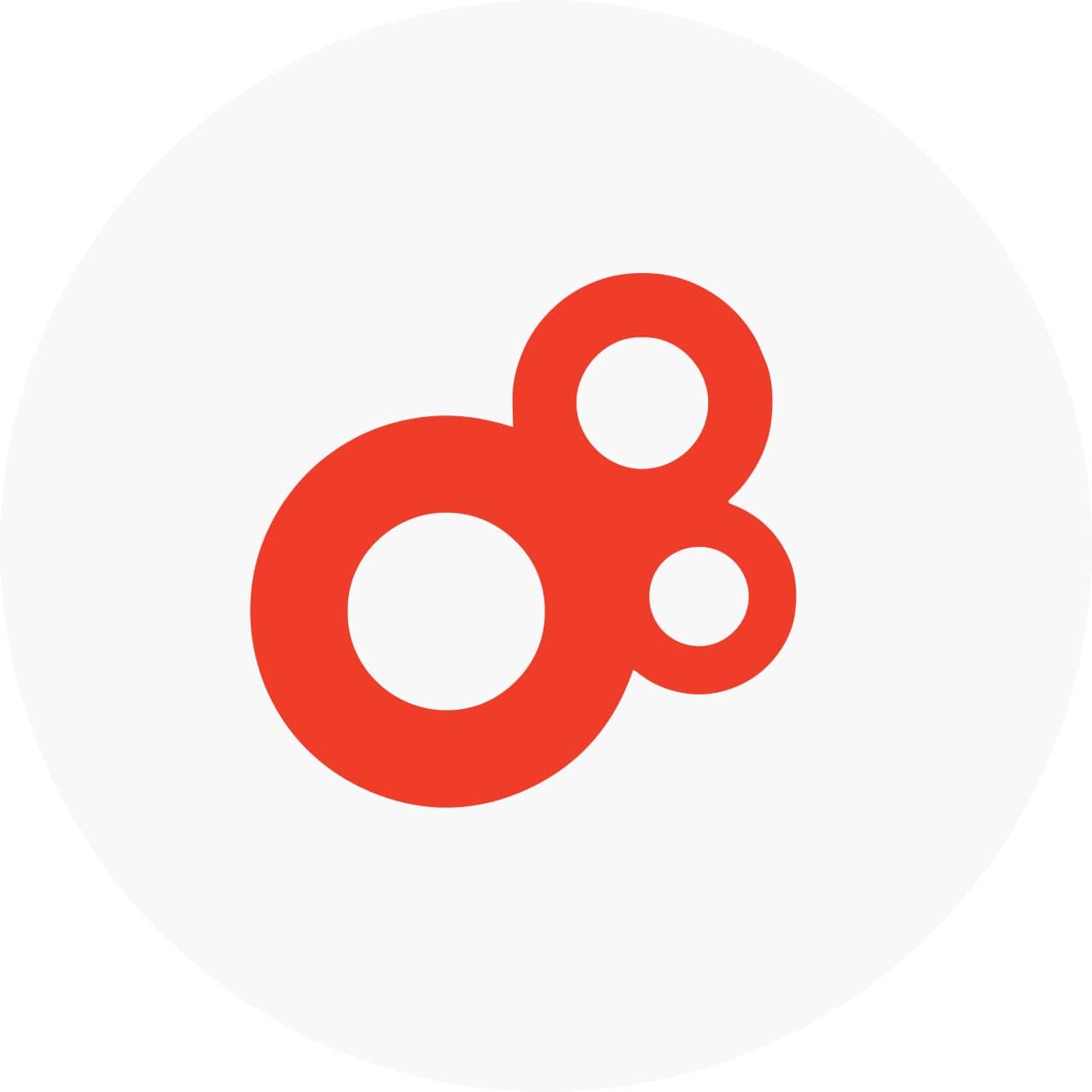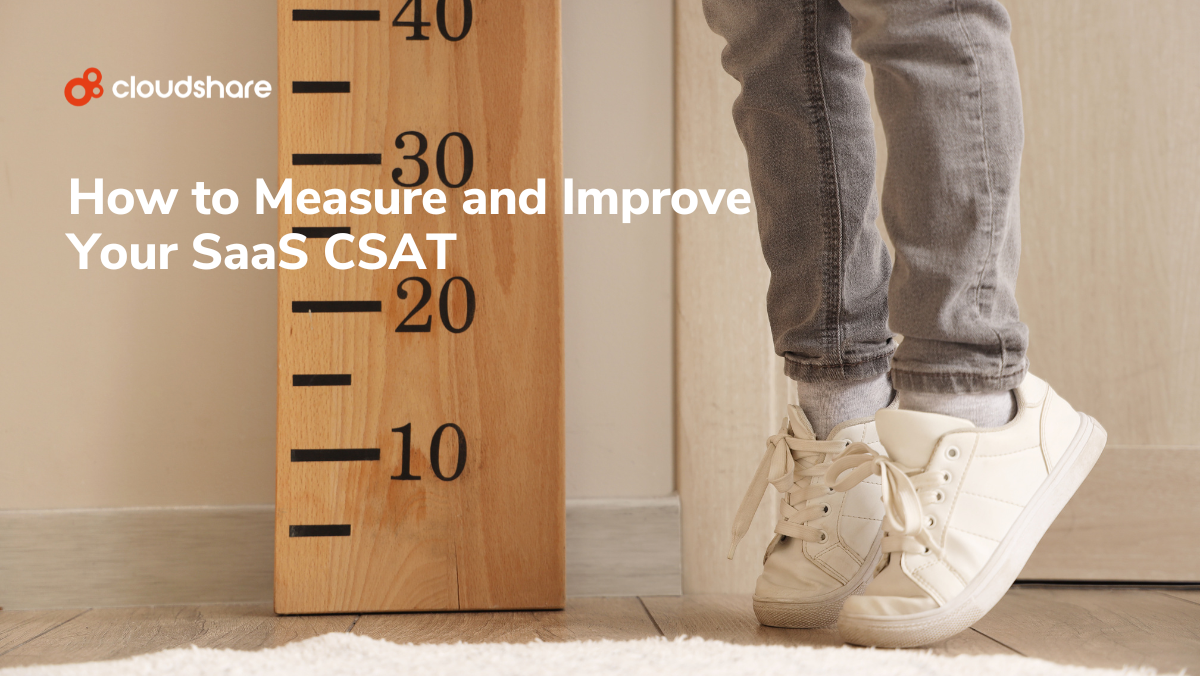
Between digital transformation, the Internet of Things, hybrid work, and artificial intelligence, enterprise software is more complex than it’s ever been, and businesses are adjusting their technology investments accordingly. In an increasingly saturated market, SaaS companies need sales engineers who can properly explain the value of their technology. Those sales engineers need the right toolkit if they are to thrive.
However, unlike more traditional B2B and B2C sales, there are relatively few tools designed for the specific roles and responsibilities of this profession. Instead, sales engineers must often use whatever is available, even if it’s ill-suited for the job. The good news is that sales tools are also growing more sophisticated — and better suited for use by sales engineers.
We’re going to go over a few of the most crucial.
Sales Engineering vs. Sales Enablement Tools
Sales engineering and sales enablement are very closely connected to one another. Sales enablement professionals are meant to equip sales engineers with the tools they need in order to make sales. It should come as little surprise that there’s a lot of overlap between the two roles as well, particularly with regard to the tools they use.
The Right Tools for the Job
As any sales engineer knows, when you’re thinking about investing in technology you first need to identify the problems that need fixing. So, before listing tools for sales engineers, let’s consider some of the key tasks that sales engineers perform:
- Presenting products over the internet and in person
- Analyzing data about customers and markets
- Providing technical assistance to leads
- Collaborating with account managers and operations departments
- Providing technical assistance and product education
- Generating reports on customer engagement
- Helping to design custom products
- Offering sales engineer training
By thinking about some of your key responsibilities, you can then identify tools that will match your needs.
Ten Essential Remote Sales Tools
Whether you’re a sales enablement professional or a sales engineer, the tools below will help you do your job more effectively, efficiently, and intelligently.
Business Analytics
Business analytics tools provide insights into your data, such as information about when your current customers’ licenses are set to expire, metrics about how customers have used your software, and information on customer inquiries. Provided you choose analytics software equipped with robust reporting capabilities, it can also summarize large amounts of data to not only help you make more informed decisions but also explain your insights to other departments.
Customer intelligence also falls under the analytics umbrella; research and sentiment analysis on platforms like LinkedIn can teach you a great deal about your customers and their businesses.
Generative AI
Artificial intelligence is simultaneously one of the most disruptive and promising technologies released within the past decade. In addition to being an incredibly powerful enablement tool for your sales team, the right generative AI solution can help you do everything from brainstorming sales collateral to developing personalized training and onboarding. It’s also an excellent addition to any customer education program.
Customer relationship manager
CRM’s are key sales engineer tools. They replace traditional spreadsheets or even whiteboards in the office and are especially helpful in an era where people are often working from home. They allow everyone in the sales department to collect information on leads, view their pipeline, and make projections.
Electronic Signature Software
If you have just agreed on a deal with your customer, e-signature tools allow you to send out a contract and get things signed off immediately. Again, in an era where you will likely be closing sales remotely, e-signature tools are very helpful.
Project Management
Sales engineering isn’t exactly a job for the faint-hearted or disorganized. At any given time, you might be juggling multiple prospects at various stages of the sales funnel. You need a way to keep track of everything.
Project management software fits the bill perfectly. In addition to promoting collaboration and keeping team projects on track, a project management app can also be invaluable in helping you stay focused on what you need to do.
Some project management solutions even have built-in time-tracking functionality.
Productivity
Project management software might help you keep track of your pending tasks and appointments, but it’s of little help when it comes to email and document management. For that, you’ll want to look into purpose-built productivity software.
Proof of Concept and Sales Demo Environments
There are two main use cases of a sales demo environment for sales engineers.
First, a sales demo environment allows you to spin up a live version of your company’s software where you can show the customer how it would work for them. With CloudShare, for instance, you can create templates that mirror the customer’s specific business context and show them how the tool would solve their problems. You can also use CloudShare as a proof-of-concept (POC) solution.
With a POC, the customer is able to log into an instance of your software where they can add their own data and play around with the application. You can set a specific time limit on how long they can use the technology and see how they interact with it. You can even transition into onboarding from here.
Meeting Solutions
Meetings are a huge part of what you do as a sales engineer — so the more you can streamline the process of booking and hosting them, the better. In addition to the basic tools required for every virtual meeting, such as calendar apps and videoconferencing software, there are a few additional meeting tools you should look into, including note-taking, transcription, and booking.
Sales demo environments allow you to spin up a live version of your company’s software where you can show the customer how it would work for them. With CloudShare, for instance, you can create templates that mirror the customer’s specific business context and show them how the tool would solve their problems.
Customer Education
Today’s sales engineers do more than just sell – they are often involved in providing training and technical assistance during aftersales too. A technical sales engineering training environment allows engineers to demonstrate how to use the product to end-users and therefore boost adoption.
Collaboration Tools
Collaboration platforms such as Microsoft Teams or Slack, which allow sales staff to rapidly communicate with one another, are especially helpful in an era when many people are working remotely. If you are not yet using collaborative environments where people can freely chat or call one another, these platforms can really boost productivity and save a lot of time and frustration.
Create Exceptional Experiences at Every Touchpoint
As a sales engineer, your toolkit is everything — and choosing the right tools for each job is as important as making sales. That’s where CloudShare comes in. Our all-in-one business acceleration platform allows software businesses to rapidly spin up sales templates for their software, proof of concepts, and sales demo environments.
Designed for technical and complex B2B sales, CloudShare can help your sales engineers be more productive and boost revenue. Crucially, it can help showcase the full value of your software to prospects and customers.
Find out more about our tools for sales engineers here, or contact us today for a demo.
** This blog was first published in November 2021 and updated in May 2024.




